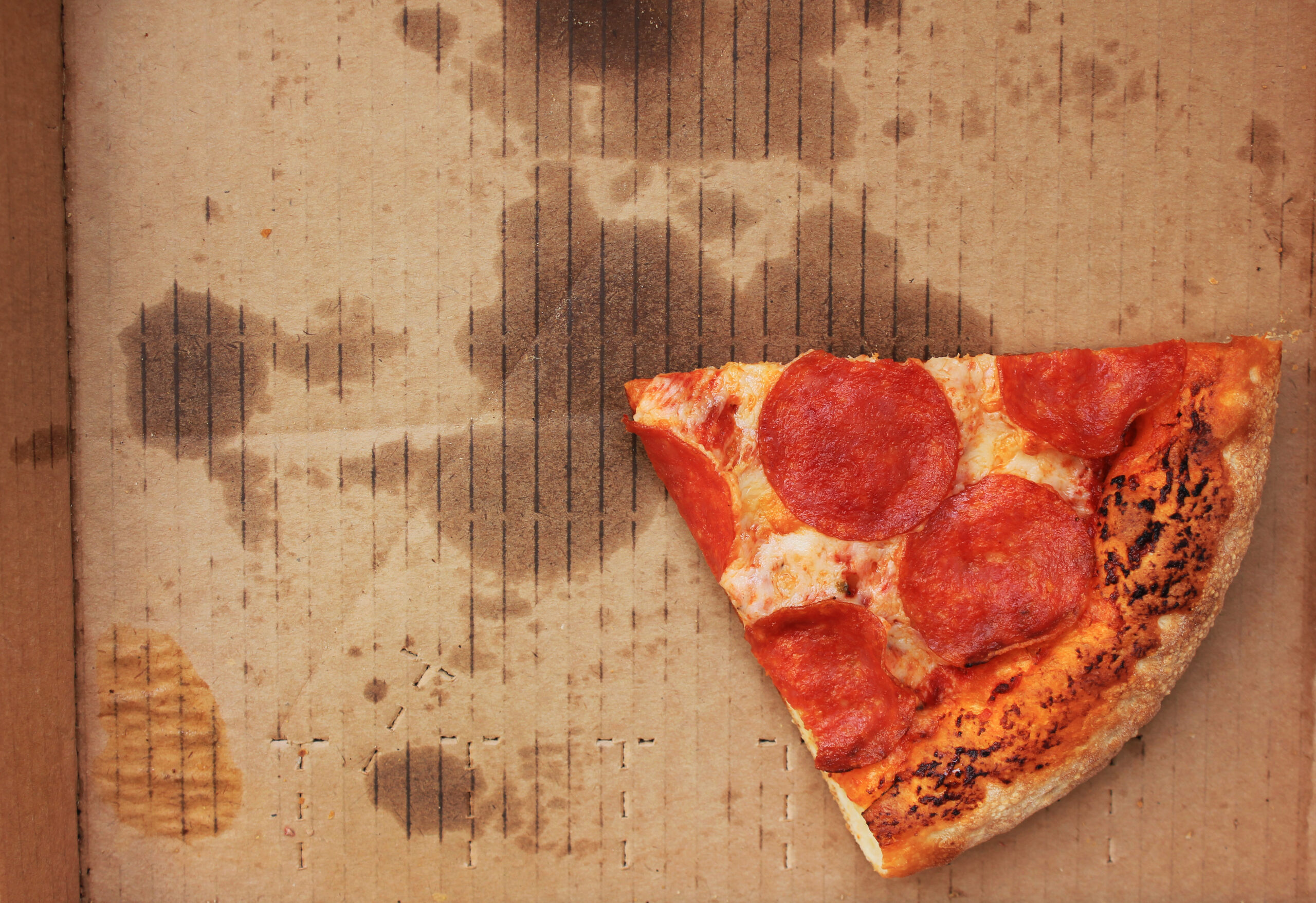Diet and Nutrition
Maintaining a healthy, balanced diet is something we should all try to be mindful of, but especially for those faced with pancreatic cancer. This disease and its treatment can cause unique nutritional challenges, that if left unaddressed can affect patients’ weight, energy levels, and quality of life.
Nausea and loss of appetite
Nausea and loss of appetite are common symptoms of pancreatic cancer that may occur for many different reasons including chemotherapy drugs, radiation therapy, and other prescribed medications.
These symptoms can contribute to a vicious cycle, where feeling unwell reduces the desire to eat and increases physical decline. It is important for patients to stay hydrated and eat regularly to prevent dehydration, weight loss, or weakness.
If nausea is severe, we advise seeking guidance from your doctor, as they may be able to prescribe antiemetic (anti-nausea) medications.

Here are some tips that can help with nausea or a loss of appetite:
- Eat small, frequent meals of easily digestible foods, such as crackers, dry toast.
- Avoid eating greasy, spicy, hot or very sweet foods.
- Sip slowly on water, clear juices or broths.
- Peppermint or ginger tea and hard candies can help lessen nausea and get rid of unpleasant tastes in your mouth.
- Wear loose, comfortable clothing and avoid rooms that are too warm or stuffy.
- Limit your exposure to odours by removing garbage right away, or have a loved one bring you meals that were cooked elsewhere. Foods that are cold or room temperature also tend to have less odours.
Diarrhea
Diarrhea is another common symptom seen in pancreatic cancer patients. While it’s often a side effect of treatment such as chemotherapy, it may also be caused by something more serious like a tumor-related obstruction or exocrine pancreatic insufficiency.
Staying hydrated is important in managing diarrhea, as it can help prevent dehydration. It is recommended to drink an additional cup of clear fluids after each bowel movement. If diarrhea persists, it is important to seek medical attention.
Here are some helpful tips if you are experiencing diarrhea:
- Eat five to six small meals that are easy to digest. Start with foods from the BRAT diet (bananas, rice, applesauce, toast) and expand your options as diarrhea subsides.
- Keep a diary of your diet and bowel movements, as it may help to identify certain foods that are triggering diarrhea.
Foods that should be avoided or limited if experiencing diarrhea:
- Fatty, greasy, or fried foods including high fat meats or cheeses, whole or 2% milk, rich desserts, fast food, and foods with added oil, butter, margarine, sour cream, cream cheese, or salad dressing.
- Gas-forming foods like vegetables in the cabbage or onion family, dried beans, corn, popcorn, and chewing gum.
- Insoluble fiber food such as whole grain breads or cereals, raw fruits with thick peels, raw vegetables, and nuts can increase intestinal motility.
- Hot sauces or spices.
- Caffeinated or carbonated beverages.


Unintentional Weight Loss
If a patient is consuming regular meals and snacks but is losing weight, it may be a sign of a more serious problem. Weight loss and malnutrition can have a significant impact on quality of life, daily functioning, response to treatment, length of hospital stays and complications such as infections.
Patients experiencing unintentional weight loss should be monitored closely by a healthcare professional to ensure the appropriate support is provided.
Exocrine Pancreatic Insufficiency
Exocrine Pancreatic insufficiency (EPI) occurs when your small intestine is not able to digest food completely due to issues with a lack of digestive enzymes from your pancreas. Having an insufficient amount of pancreatic enzymes is very common among people with pancreatic cancer, especially for individuals who have had a surgery like a pancreas resection. This can lead to malabsorption of nutrients or calories, causing weight loss as a result. Symptoms of EPI can include bloating, diarrhea, fatty stools, abdominal cramping/pain, passing excess gas and weight loss.
People experiencing EPI may be prescribed digestive enzymes may be prescribed to patients who are not producing enough enzymes to break down food or who have conditions that cause poor absorption. These supplemental digestive enzymes can be taken with meals or snacks.
Cancer Cachexia
Tumor-induced weight loss, also known as cancer cachexia, is a complex problem that affects the way the body uses calories and protein. It can cause the body to burn more calories than usual, break down muscle protein and decrease appetite.
If poor appetite and weight loss persists, your doctor may be able to prescribe medication to increase appetite.
Additional Support
A dietitian can be a valuable resource for patients living with pancreatic cancer. They will work with you to develop an eating plan catered specifically for your needs that will typically involve keeping fat intake low and carbohydrate intake high. In addition, it is important to develop meal plans that incorporate a broad range of foods, and to eat nutritionally balanced meals.

Further Reading

Pancreatic Cancer North America
800 Third Avenue FRNT A #1523
New York, NY
10022
Toll Free: 1-844-274-3640
info@pancreaticcancerna.org
